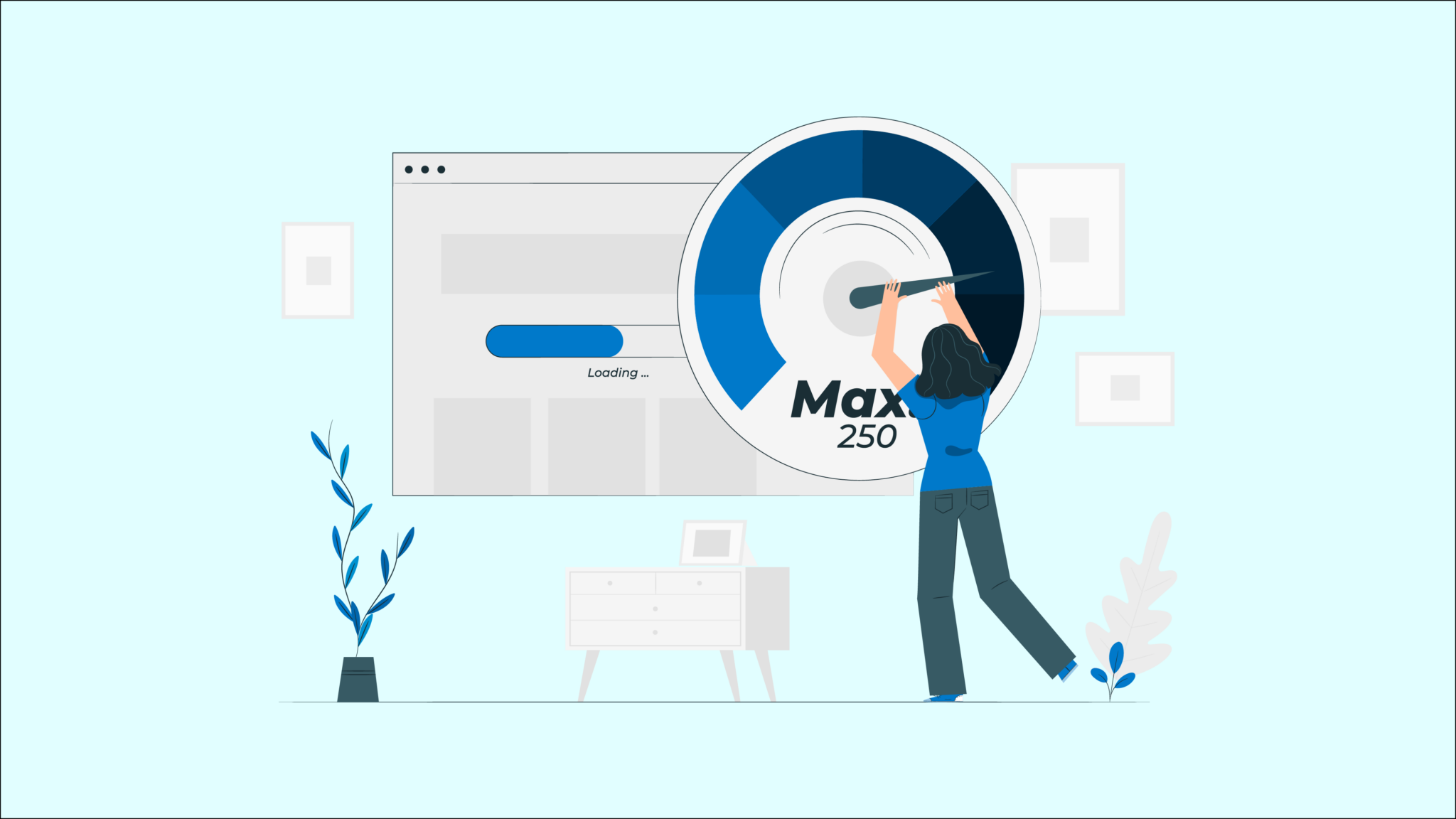Whether you run a high traffic WordPress installation or a small blog on a low cost shared host, you should optimize WordPress and your server to run as efficiently as possible. This article provides a broad overview of the necessity of speed optimization of WordPress with specific recommended approaches. However, it’s not a detailed technical explanation of each aspect.
First thing first, why does a WordPress site need to be optimized?
Simple, whenever your site is loading slow, your images are taking a longer response time than usual, your call-to-action button is testing your patience or other similar problems related to loading late or less responsive, you definitely need to optimize your site.
As a starter conversation we just want to let you know that there are different ways you can speed up your site. You just need to install WordPress caching plugins that will help you to speed up your site on a temporary basis, or you should read it as a “paracetamol for simple fever”. There are a lot of WordPress caching plugins you can find, but in our experience using either WP Rocket (premium) or WP Super Cache (free) plugin can help you remarkably.
Well, hope you already got the term “paracetamol for simple fever” we used before. But if the paracetamols named “WP Rocket (premium) or WP Super Cache (free)” are not helping you to get rid of this “slow loading” fever, you certainly need some optimization help. There are some steps you can use to optimize the pagespeed of your site.
How to Optimize The PageSpeed Of Your WordPress Site In Different Traditional & Unique Ways:
Traditional practices to speed up your site:
- Keep updating your site to the latest version of WordPress, plugins and themes you’re using.
- Always check for better plugins & make sure to eliminate unused/unnecessary plugins.
- Speed up background processes.
- Make use of excerpts in the homepage and archives.
- Break comments into pages.
- Use a content delivery network (CDN).
- Try not to upload direct audio/video to your site.
- Use a theme optimized for speed.
- Use Faster plugins
- Minify your JS/CSS files.
- Reduce the size of the images you are using in your site.

